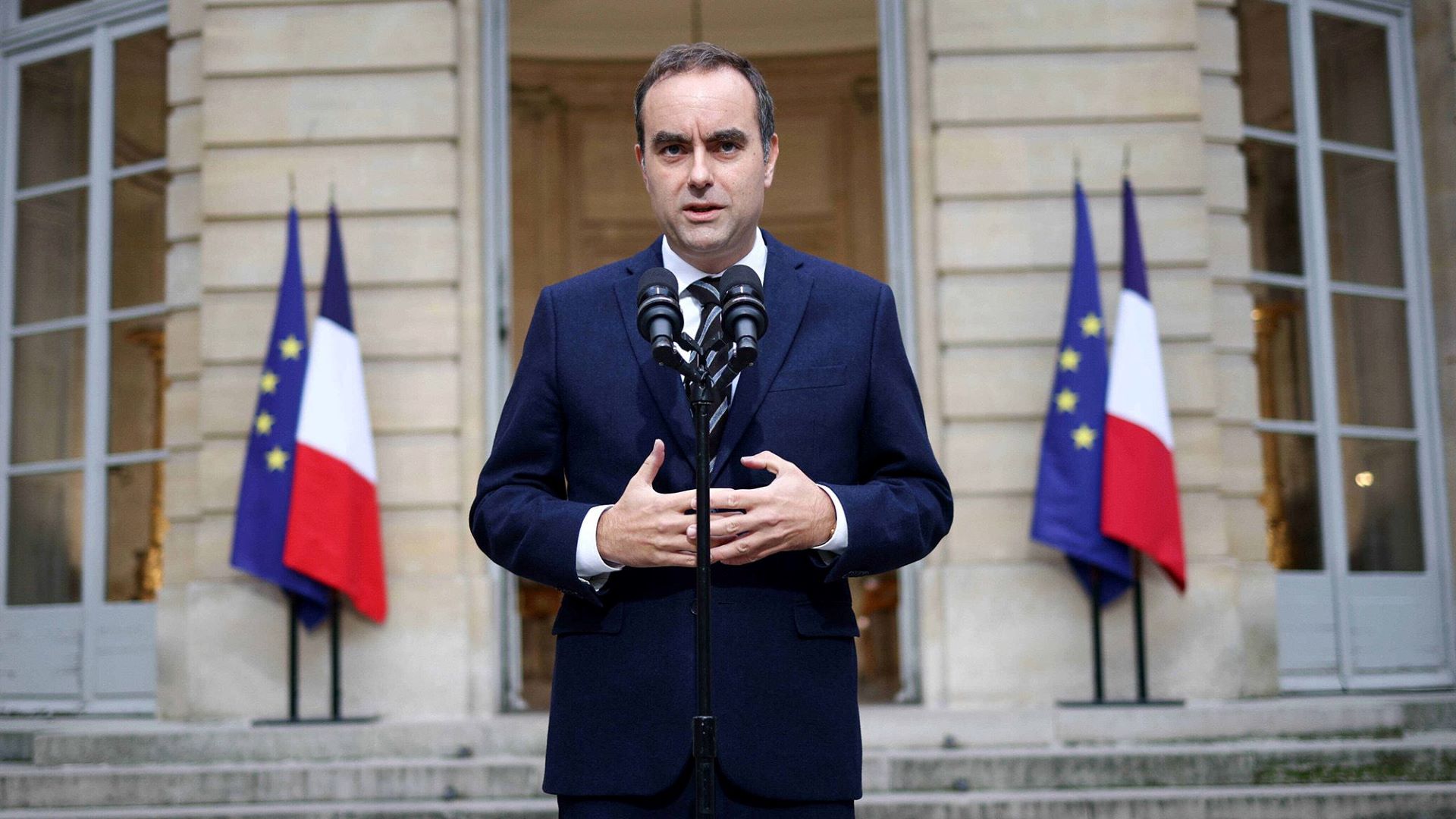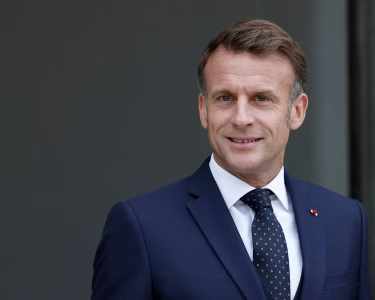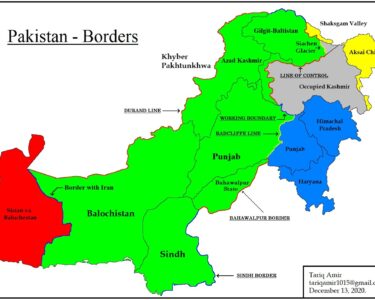French Prime Minister Sébastien Lecornu has resigned, a stunning development that came just hours after he unveiled his new cabinet and, with it, deepened the country’s severe political crisis.
President Emmanuel Macron accepted the resignation of his close political ally on Monday, the Élysée Palace confirmed. Lecornu, a former defence minister, served a term of less than a month, making his tenure one of the shortest in the Fifth Republic’s history.
The resignation, which was both unexpected and unprecedented, sent a shockwave through the financial markets, with French stocks and the Euro sliding sharply on the news.
Lecornu had spent nearly a month since his appointment in consultations aimed at forming a government capable of navigating France’s deeply fragmented National Assembly. However, the cabinet he finally presented on Sunday evening immediately drew fierce fire from all sides of the political spectrum.
Opponents and even some of Macron’s allies criticized the lineup for being “largely unchanged” from the one that had just collapsed. Far-right leader Marine Le Pen called the choice “pathetic,” while the National Rally warned that the lineup was “decidedly all about continuity and absolutely nothing about breaking with the past that the French people were expecting.”
The main point of contention, and the central reason for the political turmoil, remains the looming austerity budget for the coming year. Lecornu’s two immediate predecessors; François Bayrou and Michel Barnier, were both forced out in a legislative standoff over similar spending plans, necessary to address France’s soaring public debt, which is close to double the EU limit.
Lecornu, who was Macron’s fifth prime minister in two years, faced the immediate threat of a no-confidence vote that he would almost certainly lose. His swift departure highlights the growing difficulty for President Macron to form a stable, functioning government since his pro-government bloc lost its absolute majority in the snap parliamentary elections he called last year.
The political vacuum is now wider than ever, with opposition parties immediately demanding either a fresh round of snap elections or the impeachment of the President himself.







